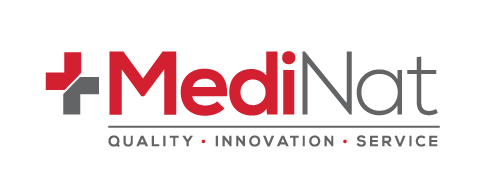Why Drug Test
Why Workplace Drug Testing?
The use of alcohol and other drugs can impact workplaces in numerous ways—damaging relationships, undermining safety, and reducing productivity.
Recent data suggests:
-
In Australia in 2022/23, the tangible social cost (health care, law enforcement, lost productivity) associated with alcohol, tobacco, and other drugs was estimated at AUD 60 billion, with a further AUD 205 billion attributable to premature mortality, lost quality of life, and other intangible costs. georgeinstitute.org
-
Of that, workplace costs (absenteeism, reduced productivity) linked to alcohol use alone have been estimated at around AUD 4.0 billion per year. AIHW+1
-
Illicit drug use in workplaces is estimated to cost an additional AUD 1.5 billion annually. Alcohol and Drug Foundation
-
Alcohol contributes to ~11% of workplace accidents and injuries. Alcohol and Drug Foundation
-
Among employed Australians, illicit drug use prevalence is higher than the general population: ~19% vs ~16%. connections.edu.au
-
Absenteeism costs from substance use: AUD 3.9 billion (alcohol) and AUD 2.9 billion (illicit drugs) annually. connections.edu.au
-
In 2023, there were 1,160 drug-induced deaths in major cities and 444 in regional/remote areas (2023 data) in Australia. AIHW
These figures show how substance use imposes a substantial financial and social burden—especially for employers.
When Is Workplace Testing Justified?
Employers may have a legitimate interest in testing employees in contexts such as:
-
Illegal activity in the workplace
-
Intoxication during work hours
-
When substance use demonstrably impairs performance
-
Safety-critical roles (machinery operation, transportation)
-
Roles that demand higher standards of behavior or where corruption risk exists
6 Key Reasons to Implement Workplace Drug Testing
1. Safety First
Workplace testing is fundamentally about preserving health and safety. Substance use impairs judgment, reaction time, coordination, and concentration. Even off-duty use can have lingering effects that surface during work. Testing helps identify hidden safety risks and reduce accidents.
2. Maintain Quality of Work
A workforce free from substance impairment is more reliable and productive. Drug testing helps ensure that employees perform at their full capacity and maintain professional standards.
3. Lower Health and Insurance Costs
Individuals with substance abuse tend to incur far higher medical and injury-related costs. By mitigating accidents, health claims, and related illnesses, companies can see lower premiums and costs over time.
4. Reduce Turnover
Pre-employment screening minimizes the risk of hiring individuals who may later need to be dismissed due to substance-related issues. This leads to better staff retention and stability.
5. Decrease Absenteeism
Employees struggling with substance use are significantly more likely to take sick days. Studies show substance abusers are up to 2.5 times more likely to be absent for 8+ days per year. Testing programs help discourage abuse and reduce absenteeism.
6. Fewer Work-Related Accidents
Substance use is a key contributing factor in many workplace accidents. Regular testing acts as a deterrent and helps with swift identification when incidents occur. This is particularly vital in roles involving driving or machinery, where the safety of others is at stake.
